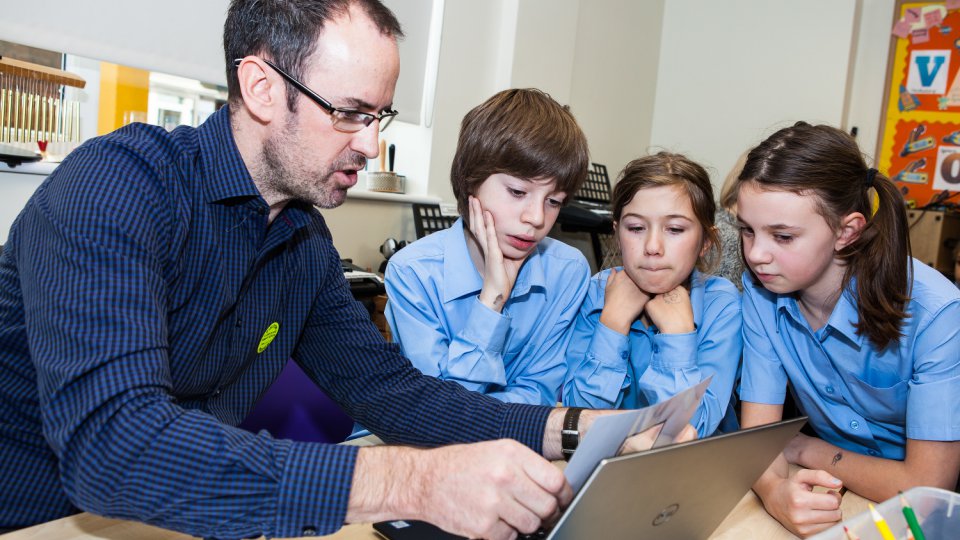Before the summer holidays exam fever had struck. Post its were flying off the shelves and Ludovico Einaudi’s record sales went through the roof as young people worked out strategies to deal with the inevitable anxieties exams bring.
Well now the hype is over and results have been delivered, exams are old news once again. A new term has started and teachers focus will now be on getting the next lot of young people to achieve the outcomes specified by the DfE for their age group. For them, last year’s exams have now been filed away as part of history. Teachers have no choice but to focus on the year ahead and the new challenges this brings.
For young people however, it’s not so simple. They are navigating the transition from childhood, through adolescence and into adulthood and their level of emotional intelligence and resilience will vary widely.
Exams add another level of stress on top of the extreme range of emotions and hormones young people may already be experiencing; something which, until this point in their life, they may never have had to go through. There possibly hasn’t been another experience in a young person’s life that equates to exams and it’s easy to see how, for them, they are a massive deal.
It’s hardly surprising then that some may feel a bit flat and empty after such a busy, chaotic period. Couple this with the fact that teachers are now focusing on this year, and some young people could begin to feel that the stress they went through just a couple of months previously has been all but forgotten. If a young person already suffers with low self-esteem these factors combined could feed anxiety levels.
Recent research shows that 91% of young people aged 16-24 use social networks and that the use of these services is associated with increased rates of anxiety (#statusofmind). I’d hazard a guess that 6 weeks off = a LOT of time spent online. I for one know how easy it is to search for something obscure and fall into a black hole of weird and wonderful content. Before you know it half the day’s gone by and nothing’s been done!
As an adult I have learnt how to self-regulate (well some of the time) and know when enough is enough for me. Young people are still working this out and won’t necessarily be able to control their impulsive nature to keep watching.
Of course there are positive effects of social media too, such as users reporting being more emotionally supported through their contacts online (another finding of #statusofmind), but it’s worth taking a moment to step back from the mayhem that is the beginning of a new school year and think about your pupils’ mental wellbeing.
If something’s concerning you:
Have a conversation
Time moves on but talking about behaviour is still the best way to address any worries you may have. Talk with young people about your concerns and involve them in the outcome of any discussions. Where possible, respect what they want to happen and let them know you want to help.
Current affairs
The local media can be great for spur of the moment debates; perhaps it’s a news story about grooming or a song in the charts with lyrics around misogyny.
Whatever the topic, open up discussions with young people about current affairs; give them a safe space to test their ideals and encourage them to think critically.
Trust your gut
If you have safeguarding concerns, act now and inform your safeguarding lead. There is a time and place for subtlety and reasoning, but when it comes to young people’s safety, this is not it.
Focus on the behaviour not the technology
Older generations often shy away from talking about online behaviour for fear of exposing their lack of knowledge about different platforms. The key thing is the life experience adults have, which is far more valuable than any technological solution. Focusing on behaviour allows you, as an adult, to draw from your experience to provide the support a young person may need.
As SWGfL's Online Safety Director, Ken Corish, wrote in this blog:
Our children are not born experts in online life. They may have an affinity for technology but they are still children with all of the inexperience and naivety that brings. It is our job to support those things, no matter in which aspect of their life they occur
Do some research
There are no expectations on adults to know the ins and outs of every game, app or website in order to protect young people. But by learning the basics about an app, you at least give yourself a better understanding of the potential risks.
Supervise them
Imagine this – you want to play a DVD to your year 9s that’s rated 15. What would be the next steps to take? Would you roll out the DVD player and leave the class to it? Probably not.
More likely is that you would have checked with the parents of the children that they were OK with this and, also have checked the DVD to make sure there weren’t any scenes that would be too disturbing. Finally you’d supervise the viewing so that if any young person did find something a bit overwhelming, you’d be on hand to defuse the situation.
Social media is much the same: young people need supervision and it’s everyone’s responsibility to be aware of what young people are doing online.
Ask for help
If you know that a young person is struggling online but don’t know how to support them, the Professionals Online Safety Helpline is here for you to offer advice and support on a range of online safety issues. Open from 10am – 4pm Monday – Friday, we will help you unpick and resolve issues wherever possible - visit the Professionals Online Safety Helpline for contact information.






